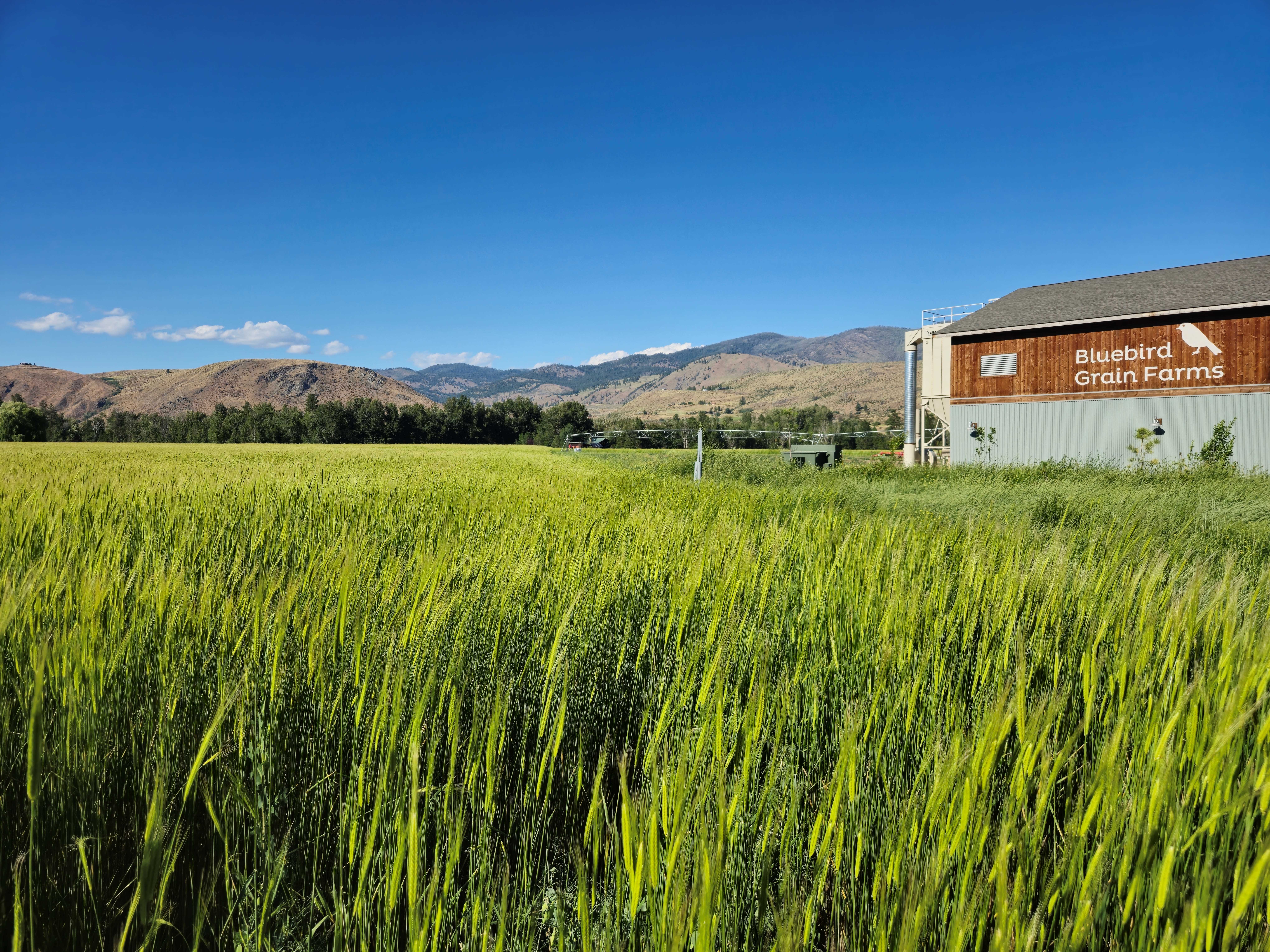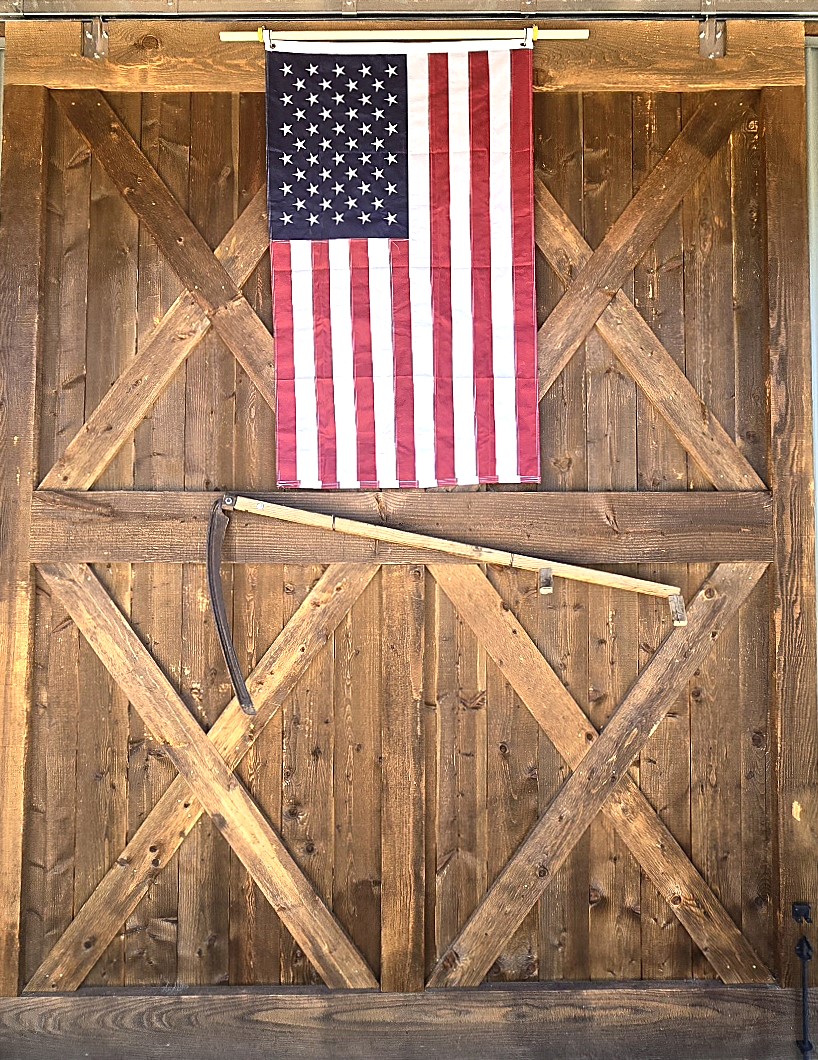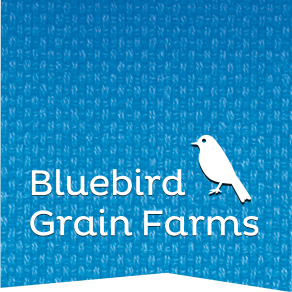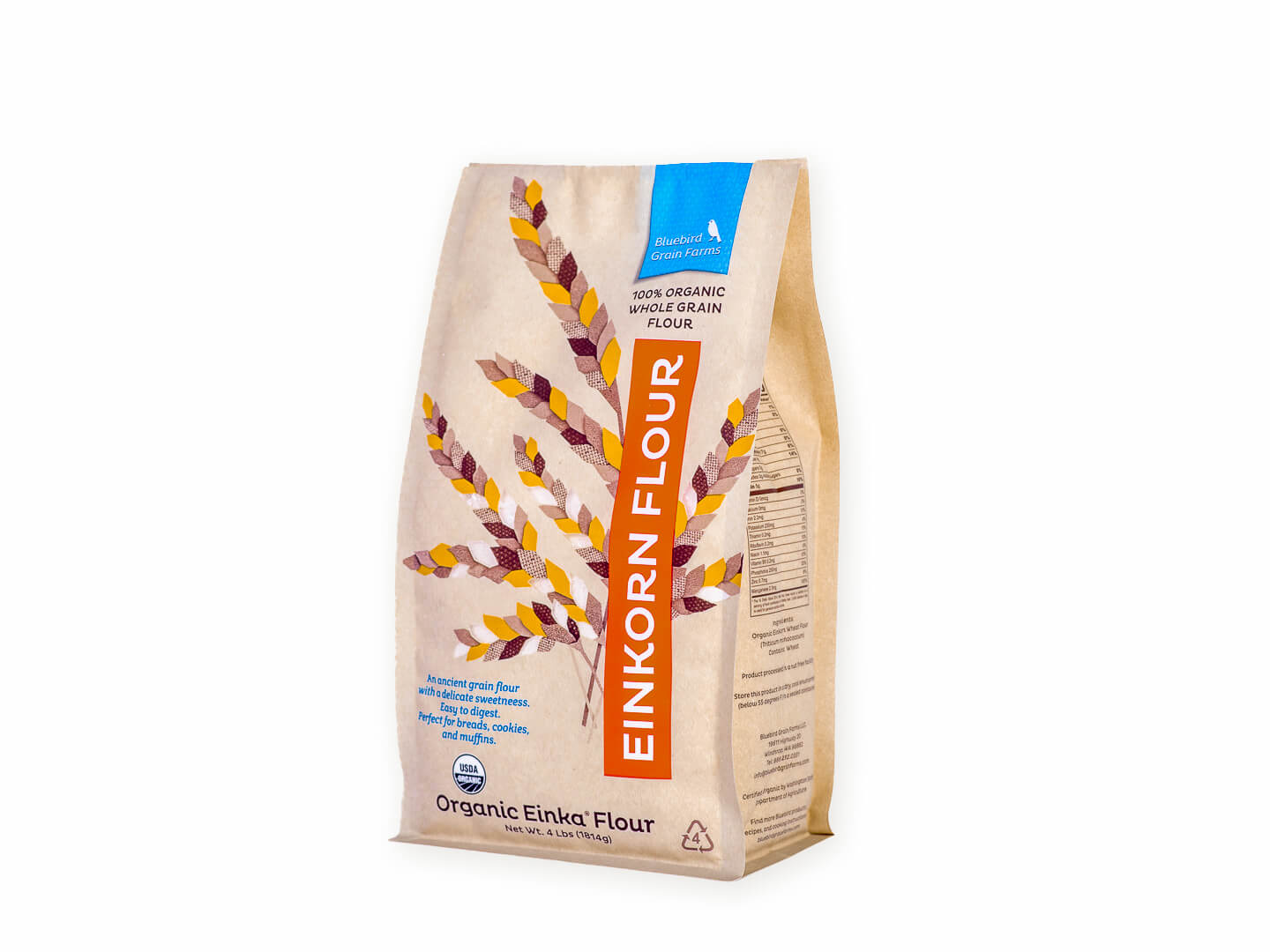
As fine of a month as this past May was, June might have been even lovelier! June delivered in a number of ways with shots of moisture, sun and some wind scattered throughout the month. Never did a day reach 90 degrees. Here in the semi-desert the cooler, mellow weather of “Junuary” came as a real delight. Even though this mantra is quickly changing as we head into July, some north slopes remain greenish and streams are just now beginning to settle and clear. Oh, and did the birds ever love June!
I may have failed to mention the Wood-Pewee before, but these dandy little birds have made themselves well known around our yard this past month. Although I recognize them by sight, I’d forgotten their voice – a sweet addition to all the other birdsong that flows each morning now. Another favorite bird voice of mine is the higher pitched, more subtle Cedar Waxwing. Both are much quieter than our chatty wrens!
One of the windier evenings I watched a pair of recently fledged Waxwings clinging tight to our apricot tree. With the most determined of looks they hunkered as gusts tossed about a smaller limb they clung to for dear life. Indeed. The next moment they appeared scared to let go not knowing, perhaps, where they’d end up? My guess is every new day comes fraught with fears for them – for all wildlife actually. This simply is another reminder of how fragile and resilient Nature is all at once.
True to form, June was a great month for growing. With the moderate temperatures and full on Solstice daylight, plants seemed to take off big time. Here at the farm our companion crop of peas and einkorn shot up and grew two feet in about a week. Not surprisingly the einkorn out grew the peas and now when we look out at the four foot high einkorn dancing in the breeze, no blossoming peas can even be sighted ! They are down there, however, and adding nitrogen to the grain.
I did irrigate some in June, but all our supplemental water is off for the summer as the grain is full and needs to begin the curing process. We used a total of about five inches of supplemental water, out of our water right that has a designation of 48”. Under our more Regenerative farm system and growing less water intensive crops, we use about 75% less water than surrounding farms. This keeps more water here in our basin, and gives more to the fish and otherwise. More, too I suppose, for other farmers. But less compaction for our own fields. As I’ve mentioned before, water is a leading cause of soil compaction world-wide. Flooding; heavy storms; supplemental irrigation – over watering is at the head of the compaction line. Too much of a good thing? Maybe. Backwards “water-law” drives this; a topic for another month.
Update on Farm Bill: No real change as it remains mired in partisan politics. Remember this is a $1.5 TRILLION spending package we will all be paying for. One recent version harbors a particularly nefarious rider, as so many bills do. This one – folded into the horticultural part of the bill approved by the House Agriculture Committee – essentially is a “get out of jail free” card for Bayer Crop Sciences and other chemical companies. If passed, it grants Bayer legal immunity for all Roundup lawsuits – originally filed against Monsanto before the buy-out. If passed, those that have filed suits against the chemical giant would now have to do so all over again with little if any chance of finding settlement. The EPA sticker on the label claims Roundup is “safe.” Therefore chemical companies would not be held liable for any health issues. We can only hope clearer minds prevail, and this FB version will not advance.
Not to worry about any of this if you purchase organic, and organic grains from Bluebird in particular! We’ve been certified organic since the very beginning. Our farmers, including myself, have all been certified growers for more than 25 years. And we’ve done so with few, if any, government subsidies. As “they say” in politics it is a “win-win” for consumers.
July in Eastern Washington is awash in bright light, clear skies, and hot temperatures. This is the weather that sets the finishing stages for so many different fruits and grains here. With cereal grains finishing their growth and heading out and pollinating; hot July weather forces plants to reach for the sugars and bring nutrients up to the fruit, be it actual fruit like cherries, apricots, peaches, or grain kernels. These sugars develop into protein. These proteins and minerals add up to flavor!
Our grain is in full pollination. As I look out the farm office window and watch the tall einkorn sway in the wind like a river, I think of all the thousands of years this wild food has done what it still does today. We feel most fortunate to work with this grain, and to be able to bring it to fruition by hulling it and screening it into plump kernels, and milling these kernels into aromatic whole grain flour for you.
As we near the 250 year mark of old glory – now just a year or two away – I feel so indebted to our ancestors and their fight for our independence. As broken as this country can feel at times, we still have amazing resources, ingenuity, and perseverance. By and large, we are a food independent nation. Of our many strengths this, perhaps, is our greatest. We have enough land to sustain our population indefinitely, if we can just get back to more sustainable and diverse production practices. Choose good food for the good of your health, and for the good our country!
Cheers,
Farmer Sam


